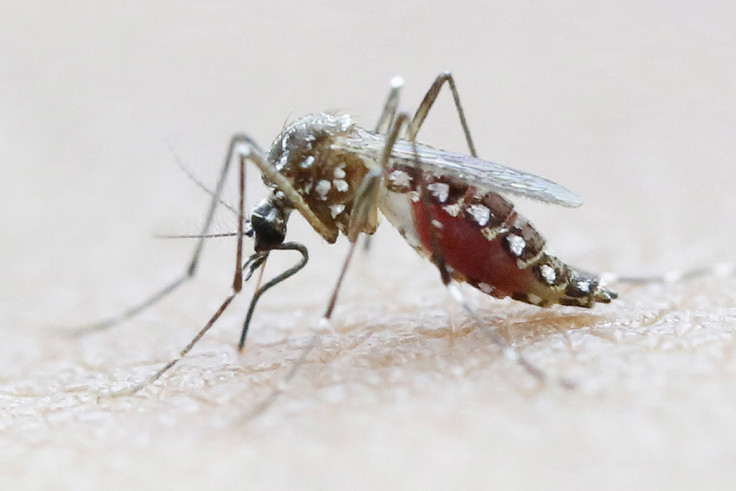Current Zika epidemic should come to an end in three years
Herd immunity, infection rate and human mobility explain the spread of virus and why it may slow down.
The Zika epidemic is likely to be over in three years, scientists have said. They have however warned that current control measures are insufficient to contain the outbreak and have called on global health authorities to do more.
Published in the journal Science, the study indicates that a number of factors determine the scale and the speed at which an emerging infection can spread in a population – and how long it is likely to affect it.
End in three years, new one in 10?
The scientists collated data from the Latin American epidemics and looked at human mobility, average number of secondary infections and herd immunity – the indirect protection from Zika that individuals get from the rest of the population becoming immune.
With this information, they constructed a mathematical model to represent the current epidemic, and future waves of transmission.
This allowed them to predict how long the epidemics could go on for. Their findings suggest that the epidemics could end in three year's time, and that the next large scale outbreak would not take place for another 10 years.
"The current explosive epidemic will burn itself out due to a phenomenon called herd immunity. Because the virus is unable to infect the same person twice – thanks to the immune system generating antibodies to kill it – the epidemic reaches a stage where there are too few people left to infect for transmission to be sustained", says lead author Professor Neil Ferguson, from Imperial College London.

"Using our model, we predict large-scale transmission will not restart for at least another 10 years – until there is a new generation in the population who have not been exposed to the Zika virus".
What measures should be taken
In their study, the authors also discuss the measures taken to date to contain the epidemic, and explain why some may be problematic in the current context.
Although mosquito control is a key measure that should continue to implemented, the scientists suggest it is not enough. Indeed, evidence from other diseases such as dengue suggest traditional insecticide-based control is rarely sufficiently effective to stop epidemics.

Additionally, efforts to slow spread of the virus may in fact prolong the current epidemic: "Slowing transmission between people means the population will take longer to reach the level of herd immunity needed for transmission to stop. It might also mean that the window between epidemics – which we predict may be over a decade – could actually get shorter", says Ferguson.
And while the fact that the epidemic might be other in three years is a good news, it might actually limit scientists' abilities to come up with a vaccine. The development of such a vaccine has been a crucial component of the global response to Zika, but it might come too late.
"If our projections are correct, cases will have dropped substantially by the end of next year, if not sooner. This means by the time we have vaccines ready to be tested, there may not be enough cases of Zika in the community to test if the vaccine works", Ferguson concludes.
© Copyright IBTimes 2025. All rights reserved.






















